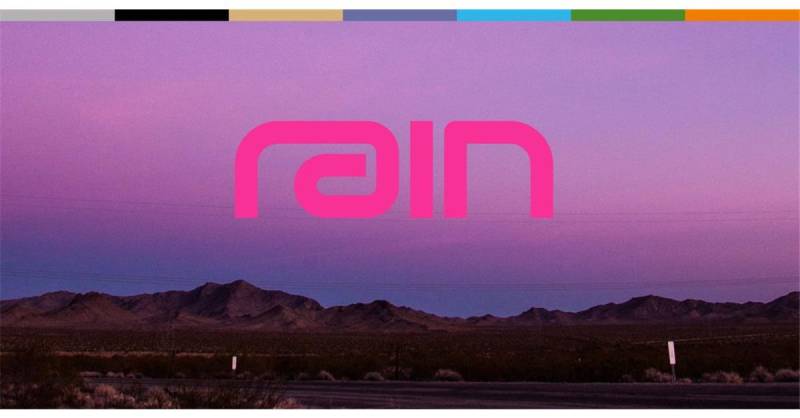 |
|
 |
|
 |
|
 |
|
 |
|
 |
|
 |
|
 |
|
 |
|
 |
|
 |
|
 |
|
 |
|
 |
|
 |
|
Cryptocurrency News Articles
Hashnote's USYC Token Zooms to $1.2B Market Cap, Toppling BlackRock's BUIDL as Largest Tokenized Treasuries Product
Dec 21, 2024 at 04:03 am

The tokenized Treasuries market has seen a shift in leadership, with Hashnote's USYC token experiencing remarkable growth to become the largest product by size.
According to data from rwa.xyz, the USYC token has surged past $1.2 billion in market capitalization. This follows a five-fold increase over the past three months.
The token, issued by the asset management firm Hashnote, now surpasses the $450 million BUIDL token, which was the largest product since April. BUIDL is a tokenized U.S. Treasury bond product issued by BlackRock and Securitize.
USYC represents the tokenization of the Hashnote International Short Duration Yield Fund, which invests in reverse repo agreements on U.S. government-backed securities and Treasury bills held in custody at the Bank of New York Mellon, as per the company's website.
The rapid growth of Hashnote's product highlights the significance of integrating tokenized products with decentralized finance (DeFi) applications and offering their tokens as building blocks for other products — a concept known as composability in the crypto lexicon — to achieve broader adoption.
Moreover, it showcases the demand among crypto investors for yield-generating stablecoins, which are increasingly backed by tokenized products.
For instance, USYC has largely benefited from the swift ascent of Usual, a budding decentralized finance (DeFi) protocol, and its real-world asset (RWA)-backed, yield-generating stablecoin, USD0.
In its bid to capture market share from centralized stablecoins such as Tether's USDT and Circle's USDC, Usual aims to redistribute a portion of the revenues from its stablecoin's backing assets to holders. Currently, USD0 is predominantly backed by USYC, although the protocol intends to add more RWAs to the reserves in the future. Recently, it announced the addition of Ethena's USDtb stablecoin, which is built on top of BUIDL.
"The bull market has seen huge inflows into stablecoins, but the key issue with the largest stablecoins remains: they don't reward end users or give access to the yield they generate," said David Shuttleworth, partner at Anagram. "Furthermore, users don't get any equity in the protocol by holding USDT or USDC."
"The appeal of Usual is that it aligns the interests of the protocol by distributing the yield and ownership to users," he added.
Over the past few months, the protocol and its USD0 stablecoin have attracted around $1.3 billion as crypto investors pursue on-chain yield opportunities. Another key growth driver was the protocol's native governance token (USUAL) airdrop and exchange listing on Wednesday. After being made available for trading on Binance, the USUAL token outperformed the broader crypto market, which saw minimal gains. According to CoinGecko, the token appreciated nearly 50% following its listing.
Earlier this year, BlackRock's BUIDL token also experienced rapid growth after DeFi platform Ondo Finance selected the token as the primary reserve asset for its own yield-bearing product, the Ondo Short-Term US Government Treasties (OUSG) token.
Disclaimer:info@kdj.com
The information provided is not trading advice. kdj.com does not assume any responsibility for any investments made based on the information provided in this article. Cryptocurrencies are highly volatile and it is highly recommended that you invest with caution after thorough research!
If you believe that the content used on this website infringes your copyright, please contact us immediately (info@kdj.com) and we will delete it promptly.
-

-

-

-

-

-

- Nubank Expands Services into the Crypto Market by Offering Support for Cardano (ADA) and Several Other Tokens
- Apr 09, 2025 at 03:40 pm
- Latin America’s finance technology powerhouse, Nubank, has announced a bold move in the crypto space, now offering services with Cardano (ADA) and several other tokens.
-

-

-



























































